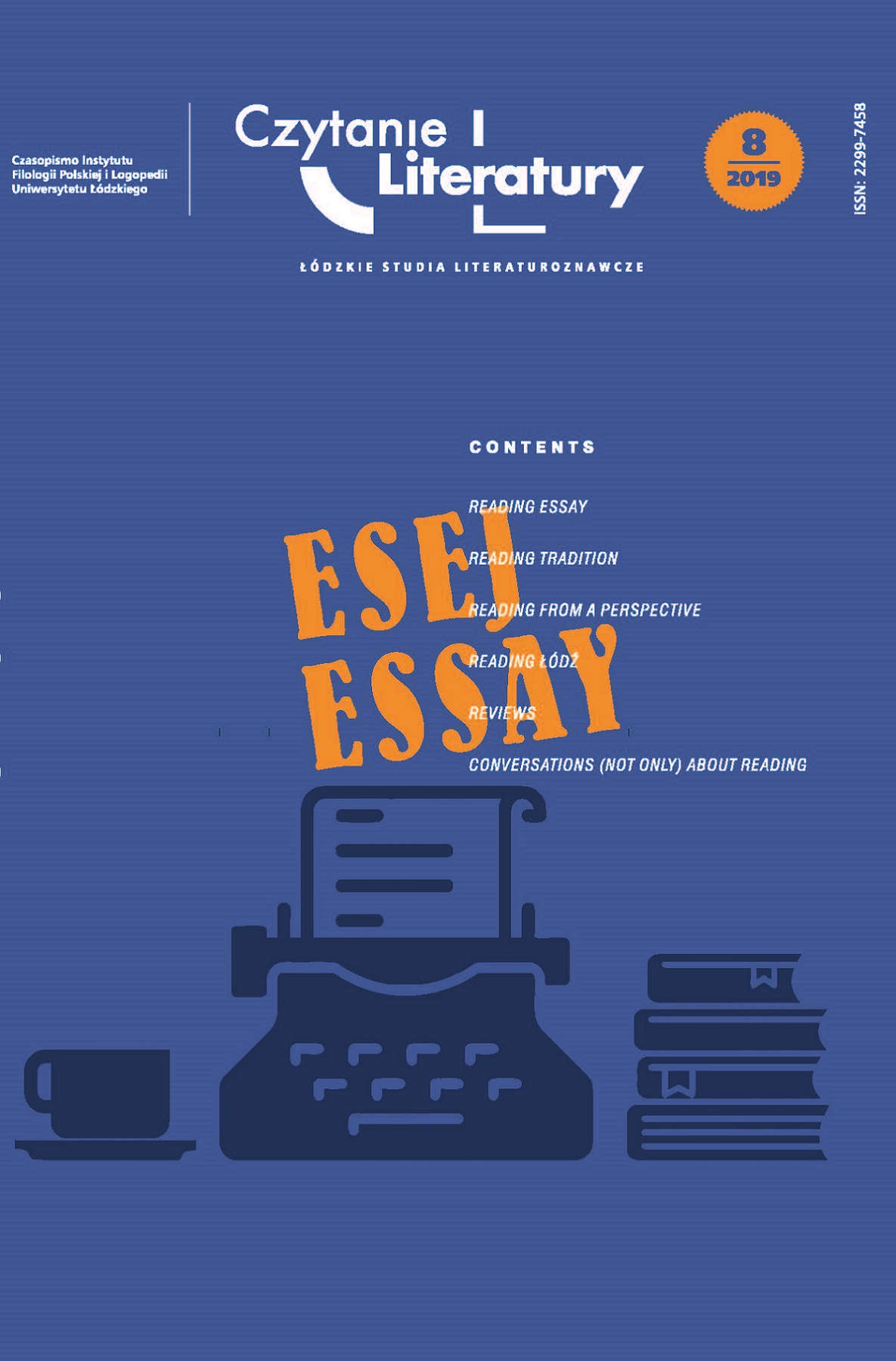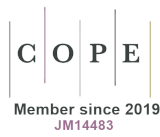„Panienka”, „Godzina Polski”, 1916: Irena Tuwim’s Literary Debut
DOI:
https://doi.org/10.18778/2299-7458.08.22Słowa kluczowe:
Irena Tuwim, Polish poetry, debut, fate, emancipationAbstrakt
The author of the article deals with the poetic newspaper debut of Irena Tuwim (1898-1987), an outstanding author and translator of children’s literature, but also a poet who is forgotten or read only on the margin of the literary output of her brother, Julian Tuwim (1894-1953). The poem titled Panienka (A Maiden), published in Godzina Polski in 1916, is hereby subjected to a contextual analysis and referred to other poems by Irena Tuwim as well as confronted with her existence, also in the auto-emancipatory dimension.
Pobrania
Bibliografia
Augustyniak A., Irena Tuwim. “Nie umarłam z miłości”. Biografia, Warszawa 2016.
Google Scholar
Godzina Polski. Dziennik Polityczny, Społeczny i Literacki [1916].
Google Scholar
Julian i Irena Tuwim dzieciom, illustrated by A. Pękalski, Warszawa 2012.
Google Scholar
Stawiszyńska A., Życie literackie w Łodzi w czasie I wojny światowej, “Acta Universitatis Lodziensis. Folia Litteraria Polonica” 2012, no. 4(18).
Google Scholar
DOI: https://doi.org/10.18778/1505-9057.18.06
Tuwim J., Kwiaty polskie, 3rd edition, Warszawa 1954.
Google Scholar
Tuwim J., Listy do przyjaciół pisarzy, ed. T. Januszewski, Warszawa 1979.
Google Scholar
Tuwim I., Łódzkie pory roku, Warszawa 1958.
Google Scholar
Tuwim I., Wiersze wybrane, Warszawa 1958.
Google Scholar
Zawiszewska A., Siostra Szekspira, czyli Irena Tuwim, [in:] Twórczość niepozorna. Szkice o literaturze, eds. J. Grądziel-Wójcik, A. Kwiatkowska, L. Marzec, Kraków 2015, pp. 29-51.
Google Scholar
Pobrania
Opublikowane
Jak cytować
Numer
Dział
Licencja

Utwór dostępny jest na licencji Creative Commons Uznanie autorstwa – Użycie niekomercyjne – Bez utworów zależnych 4.0 Międzynarodowe.










